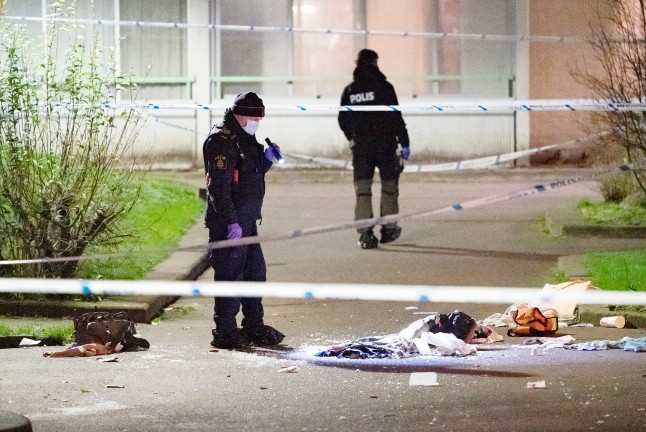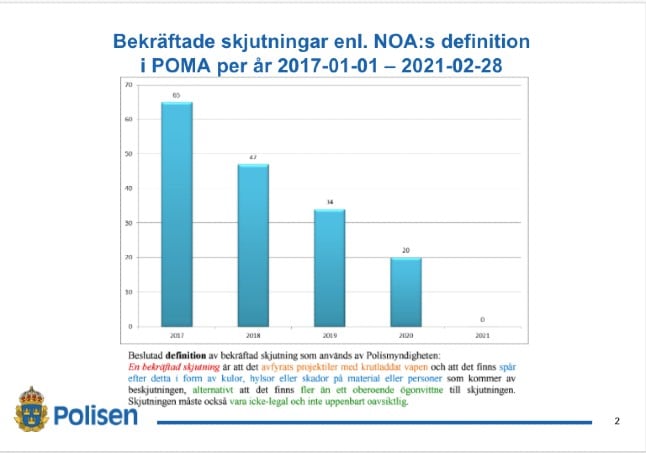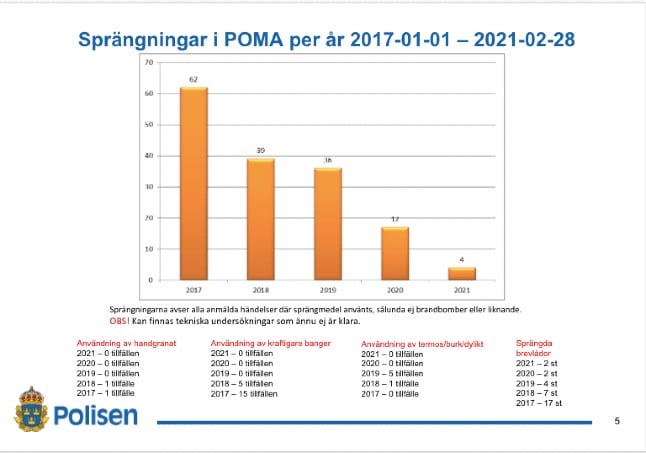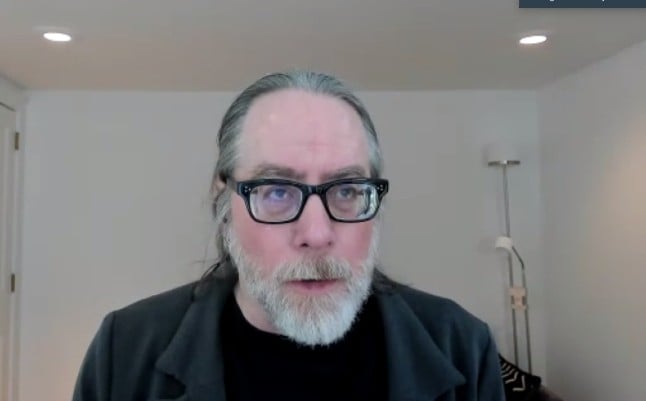The first attack came at 11.15pm when a man was shot through the window of an all-night gym in the Lorensborg district. The shooter stood in a courtyard at the back of the building and fired a shot through a window pane, hitting the man below the neck.
“He was hit in the back, between the shoulder blades. But the hospital says his levels are good,” said police sergeant Peter Martin.
A number of other people were in the gym at the time of the shooting. As yet, police have no theories regarding a possible motive for the attack. The victim spoke to the police before his operation and could not offer an explanation as to why anybody would want to shoot him.
Witnesses saw the perpetrator running away from the courtyard behind the gym. Police dogs were deployed in the search but lost the scent three blocks away from the scene of the shooting.
“He may have got into a car there,” said Martin.
Police have not yet established the type of weapon used in the attack.
“But it can’t have been too basic since the shot went through a window and hit the man in the back,” said Martin.
An hour later police were alerted to another shooting incident in the city. A second 30-year-old man was shot as he sat behind the wheel of a car in the Fosie district.
“He was shot in the shoulder and his injuries are not life threatening,” said Peter Martin.
At least three shots were fired at the parked car. A passenger was standing outside the vehicle and a number of other people also witnessed the attack. Again, police were struggling to find a motive.
“But there may have been a threat scenario involving the owner of the car. He was involved in a sale that hasn’t been to everybody’s satisfaction,” said Martin.
The car’s owner was not the person in the vehicle at the time of the shooting, but he was in the vicinity.
Malmö police said there was nothing to indicate that the two shootings were linked.
“Of course we can’t rule out a connection but we haven’t yet seen any indications,” police spokesman Mikael Persson told local newspaper Sydsvenskan on Sunday morning.
Police have not yet made any arrests in connection with the shootings.





 Please whitelist us to continue reading.
Please whitelist us to continue reading.